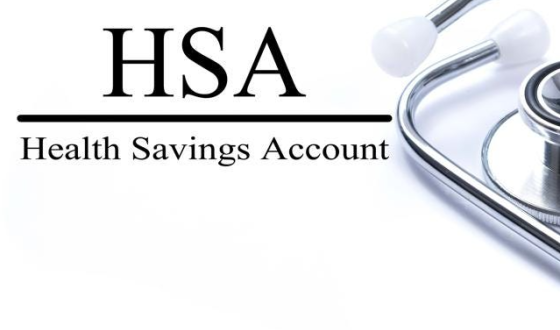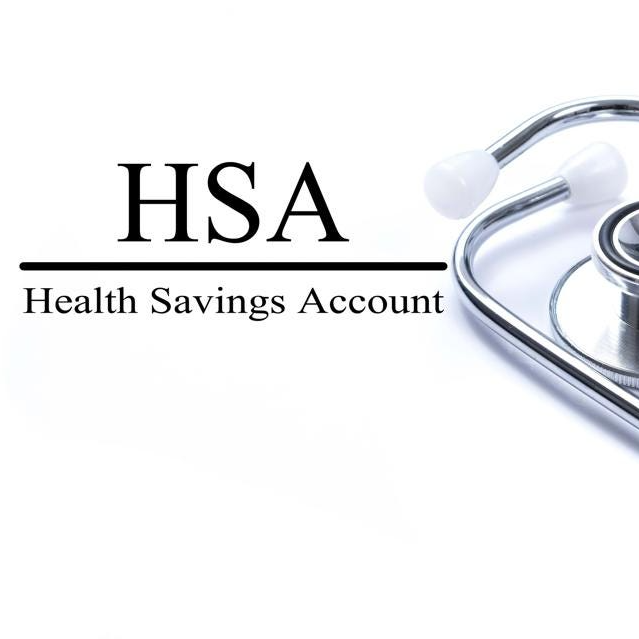Bill Hoff
Author

This article was originally published here

Author
It’s important to know that the rules for health savings accounts have changed for those who are getting older and about to retire. Although health savings accounts (HSAs) are similar to flexible spending accounts (FSAs), both allow you to set aside pretax money for healthcare expenses. HSAs have rules that can be confusing but are especially relevant for retirees or those nearing retirement age in the US.
For taking full advantage of the tax benefits, it’s helpful to know the high-deductible health plan that qualifies for an HSA is to be defined differently for individuals than for families. It is recommended that a deductible of at least $1,500 and an out-of-pocket maximum of $7,500 be included in a plan designed for a single person. The deductible for a family plan must be at least $3,000, with a cap of $15,000.
Keys About Health Savings Accounts (HSAs) as you near Retirement
In 2022, the maximum HSA contribution was $3,650; in 2023, it will be $3,850 for self-only coverage and $7,750 for family coverage.
In other words, how much money do you need to retire early? When it comes to HSAs, there are a few things you should keep in mind as retirement approaches.
1. Catchup With Contribution At 55 Years
Once you hit 55 years of age, you’ll be eligible to contribute an additional $1,000 to your HSA. The Internal Revenue Service states that if you and your spouse have your own HSAs but are subject to family coverage contribution limits, you may be entitled to make that additional catchup payment of $1,000 after you reach the appropriate age.
To contribute the additional $1,000 catchup sum, “as long as they’re both covered, they may each have their own HSA,” Durso explained.
You have until the following year’s tax filing deadline to make any HSA contributions, including the standard and catchup varieties. Therefore, April 18, 2023, would serve as the cutoff for the tax year of 2022.
2. Medicare and Health Savings Accounts do not Go Together.
When you turn 65, you automatically qualify for Medicare. When a person is still actively employed, they often use both Medicare Part A (hospital coverage) and Part B (medical insurance), depending on the specifics of their situation (outpatient care).
Even if you continue to use your employer-based high-deductible plan after enrolling in Medicare, Part A, or otherwise, you will no longer be eligible to make HSA contributions. Medicare recipients can utilize their HSA money for healthcare costs but cannot open a new HSA or contribute to an existing HSA.
There are also potential snags with HSAs if you are still making contributions and you put off enrolling in Medicare (after age 65) and Social Security (beyond your full retirement age, as defined by the government).
After enrolling in Medicare, “the basic line is that you are ineligible to contribute to an HSA,” as Durso said. “Many senior citizens are blind to this fact.”
3. There is no Longer a Tax Penalty for Nondeductible Expenses.
At age 65, the withdrawal rules will change. If you withdraw before that time and put the money toward medical bills, you won’t have to pay taxes or a penalty. In any other case, the funds will be treated as ordinary income and subject to a 20% additional tax.
However, after you reach that age, you will no longer be penalized for using your HSA funds for non-medical purposes.
Therefore, you will have to pay taxes on medical costs that are not tax deductible. Basically, “you can use it at any expense in the world,” as put forth by Durso. No tax is due if the money is used on medically necessary care. You’d only have to pay tax if you used it to watch something on a giant screen TV.
Join Our Newsletter And Increase Your Wealth. We provide helpful monetary guidance is provided every week. Join now and receive further info about health savings. Also, registering for our newsletters allows you to accept our Privacy Policy and Terms of Service.
Contact Information:
Email: [email protected]
Phone: 2178542386
Bio:
Bill and his associates of Faith Financial Advisors have over 30 years’ experience in the financial services industry.
He has been a Federal Employee (FERS) independent advocate and an affiliate of PSRE, Public Sector Retirement Educators, a Federal Contractor and Registered Vendor to the Federal Government, also an affiliate of TSP Withdrawal Consultants.
Bill will help you understand the FERS Benefits and TSP withdrawal options in detail while also helping to guide you in your Social Security choices.
Our primary goal is to guide you into your ment with no regrets; safe, predictable, stable and for life using forward thinking ideas and concepts.
Bullet points:
> Financial Services consultant since 1984
> FERS independent advocate and an affiliate of Public Sector Retirement Educators (PSRE), a Federal Contractor and Registered Vendors to the
Federal Government
> Affiliate of TSP Withdrawal Consultants
> His goal is to guide individuals into retirement with safe, and predictable choices for stability using forward thinking ideas and concepts.